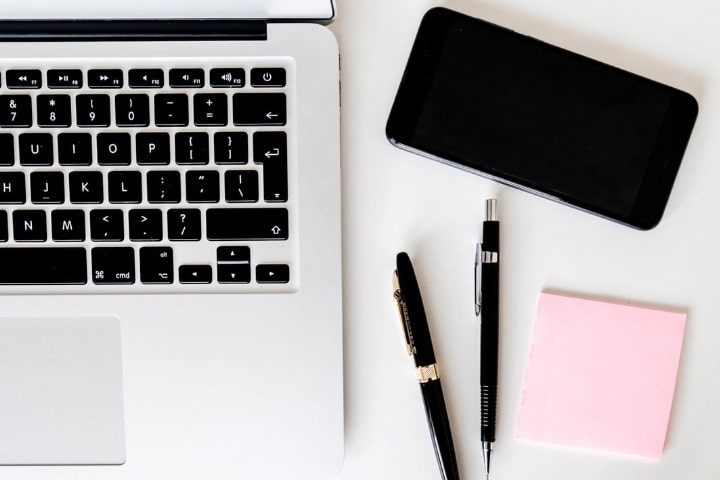Steps to success during phone interviews
- Overcoming Burnout: Strategies for Persevering Through the Job Search Struggle - February 29, 2024

The phone interview is a common point of first contact between employers and candidates, but they’re becoming even more common as second interviews during the COVID-19 pandemic. So, what can you do to ensure a successful phone interview experience? I’ll outline helpful tips before, during, and after your conversation.
Before the Interview
As with any interview, you need to spend time preparing. Here are some steps you can take to get ready:
- • Find a quiet, distraction-free room with good cell reception. This can be any room in your house, but make sure spouses, children, pets, and/or roommates cannot distract you here.
- • Practice interview questions and research the company. You won’t know exactly what the interviewer will be asking but be prepared with answers to common questions like, “What interests you about working here?” and “Tell me about yourself.” Google and YouTube are great resources on framing responses to both common and difficult interview questions.
- • Be groomed and dressed as if you are interviewing in person. No, the interviewer won’t see that you’re in your pajamas or that you are not wearing pants — but dressing the part means you’re more likely to act the part in the interview.
- • Be ready 10 minutes prior to your interview with the job description, your resume, and your post-interview questions in front of you.
During the Interview
Your interviewer is calling! Here’s how to knock their socks off:
- • Answer the phone professionally. “Hello, this is (your name),” is a good approach that lets the interviewer know that they have reached the right person.
- • Smile. You may feel a bit awkward doing this at first, but it will make the tone of your voice more friendly, and friendly people make great coworkers.
- • Be present in the interview. Sit or stand — whatever your preference — but do not multitask during the interview. If your interviewer can hear you moving around in the background, you will appear distracted, and you could be written off as uninterested in the position. If another call comes in during your interview, send it to voicemail.
- • Ask questions at the end of the interview, and be sure to ask what the next steps are and when you can expect to hear from them again.
After the Interview
No matter how you feel it went, send a quick email thanking the interviewer for their time. Let them know that you look forward to speaking with them again soon.
If you have not heard from your interviewer, it is okay to follow up. Give them a call. If you do not reach them, leave a voicemail and a secondary follow up message (email or text ).
Here is some suggested verbiage for following up: “Hi, (interviewer’s name)! This is (your name), and we spoke last week about (position name). I am calling to follow up on the next steps in the interviewing process.”
If they call and let you know they are not moving forward with you, remain professional and thank the interviewer again for their time. Ask if they have any feedback for how you can better sell yourself next time, and consider their advice in your next interview.
Practice Makes Perfect
Interviewing is a learned skill, and one you can perfect it with practice. Your Hire Heroes USA Transition Specialist can help set you up with interview preparation services at no cost to you. If you’re a transitioning service member, veteran or military spouse, you can register here. Our free services are conducted over the phone, which further prepares you for phone interviews while ensuring your safety during the COVID-19 pandemic.
